

8:00 pm IST - 9:30 pm IST
Past Event
Content from the Brookings Institution India Center is now archived. After seven years of an impactful partnership, as of September 11, 2020, Brookings India is now the Centre for Social and Economic Progress, an independent public policy institution based in India.
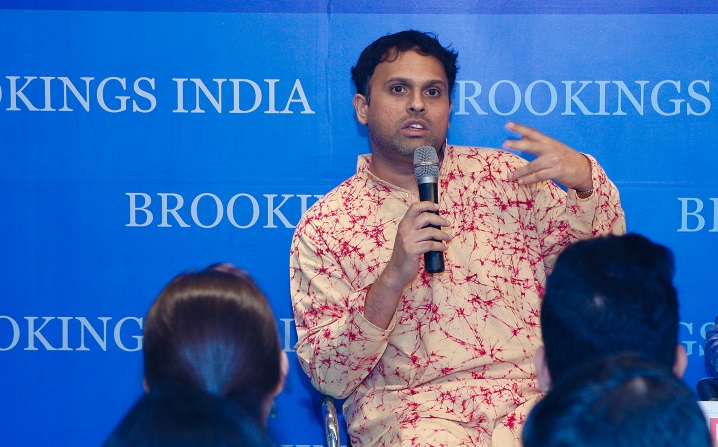
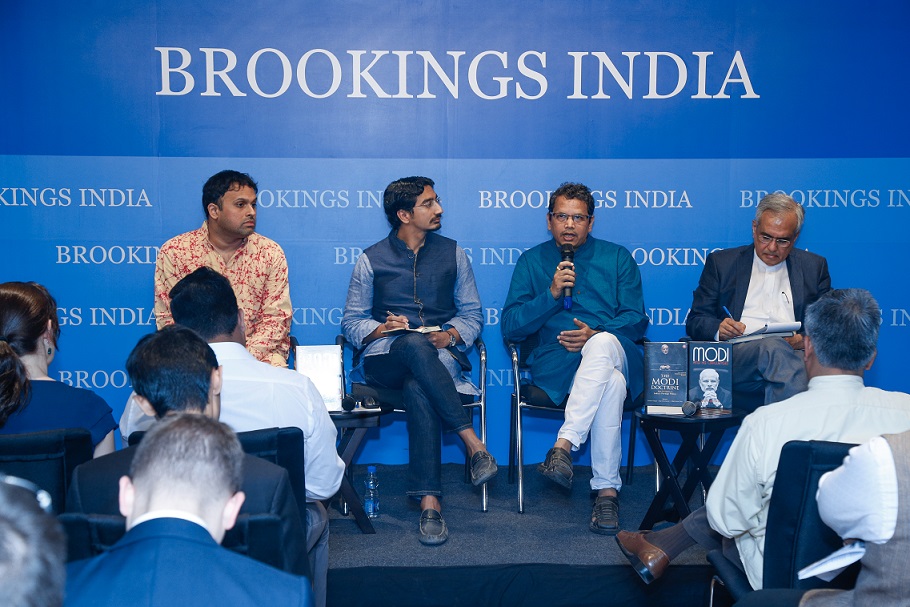
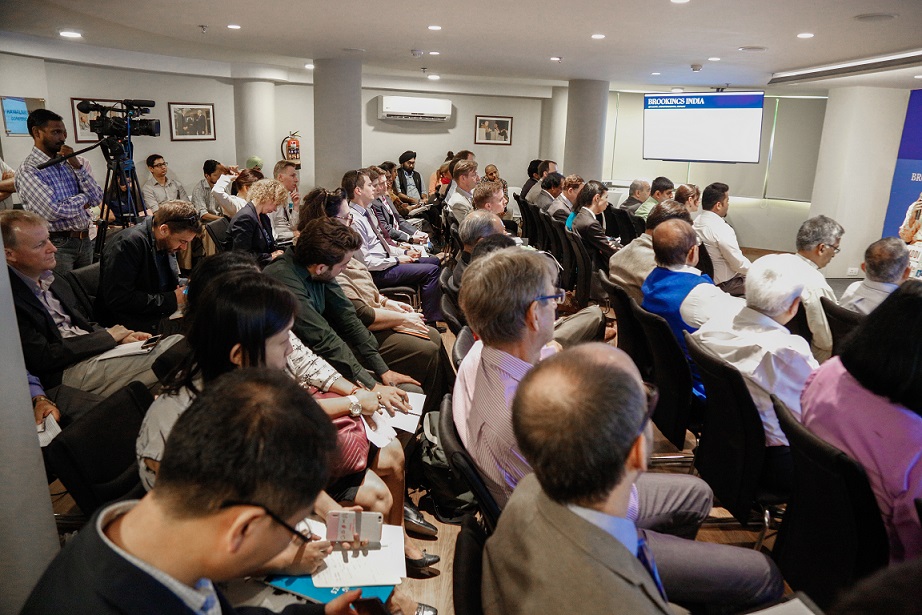
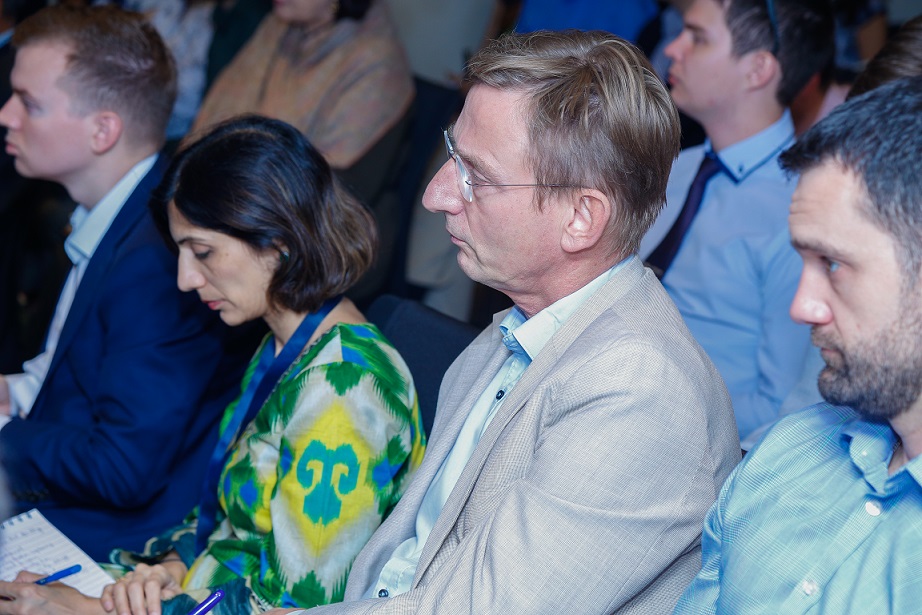
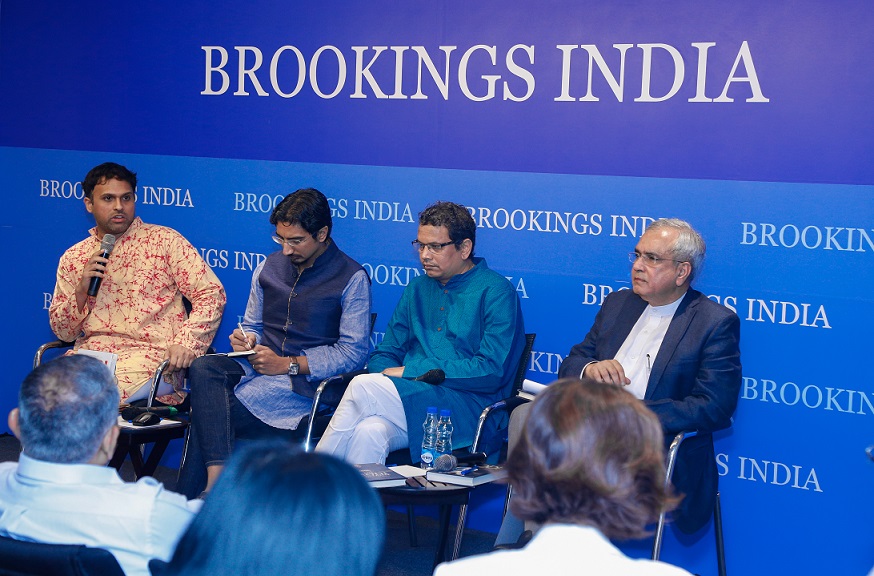
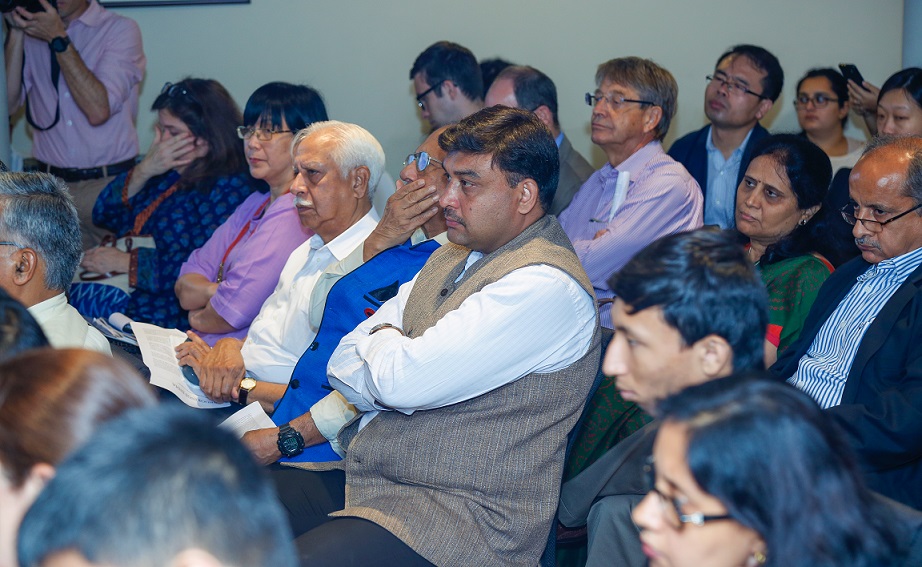
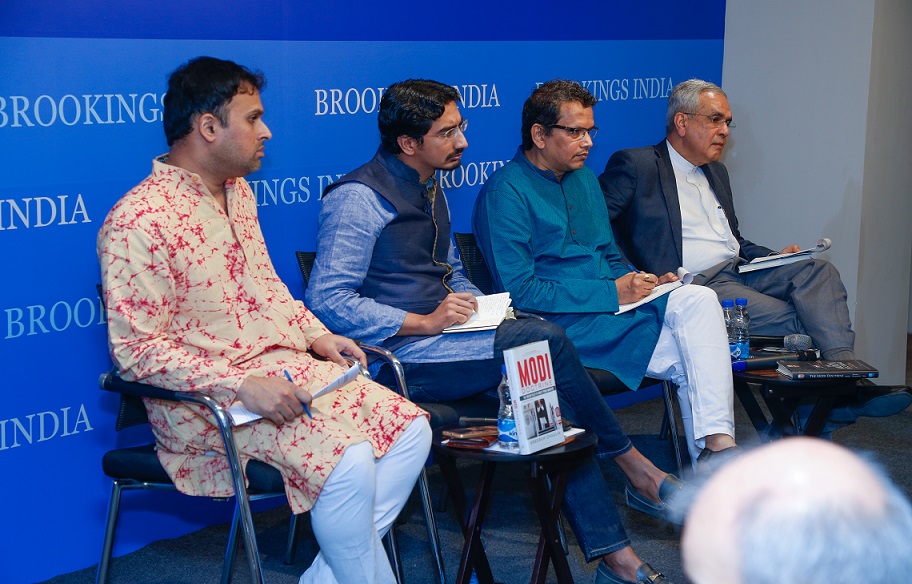
To attempt a critical appraisal of India’s foreign policy over the last three years, Brookings India organized a panel discussion on “Deconstructing the Modi Doctrine: Three Years of Modi’s Foreign Policy.” The discussion featured Dr. Vijay Chauthaiwale, Dr. Rajiv Kumar, and Dr. Sreeram Chaulia, and was moderated by Dhruva Jaishankar.
View Dhruva Jaishankar’s presentation.
The following summary highlights some of Prime Minister Modi’s foreign policy achievements in the last three years, as well as criticisms and challenges going forward.
Key Features:
Challenges going forward:
In conclusion, overall opinion of Prime Minister Modi’s hectic foreign policy has been largely positive. However, this positive momentum can only be sustained by continued domestic economic growth and stability.
This event report has been written by Shruti Godbole. The views are of the author(s), discussant(s), panelist(s).
Event Announcement
This is a panel discussion on “Deconstructing the Modi Doctrine: Three Years of Modi’s Foreign Policy” featuring, Vijay Chauthaiwale, Rajiv Kumar and Sreeram Chaulia.The discussion, moderated by Dhruva Jaishankar, Fellow for Foreign Policy at Brookings India, will attempt a critical appraisal of India’s foreign policy over the past three years, and identify areas of agreement and divergence among the participating authors and commentators.
Dr. Vijay Chauthaiwale is In-charge, Department of Foreign Affairs, Bharatiya Janata Party (BJP) and one of the Editors of “The Modi Doctrine: New Paradigms in India’s Foreign Policy” (2016). Dr. Sreeram Chaulia is Professor and Dean at the Jindal School of International Affairs of the O.P. Jindal Global University and author of “Modi Doctrine: The Foreign Policy of India’s Prime Minister” (2016). Dr. Rajiv Kumar, Director of Pahle India Foundation, is the author of the book “Modi and his Challenges” (2016).
The discussion will be on-the-record and open to the media. Due to limited seating, all participants are requested to register their attendance with Shruti Godbole at [email protected].

Rahul Tongia, Anurag Sehgal, Puneet Kamboj
2020
Online Only
3:00 am - 4:40 am IST

Saneet Chakradeo
August 18, 2020